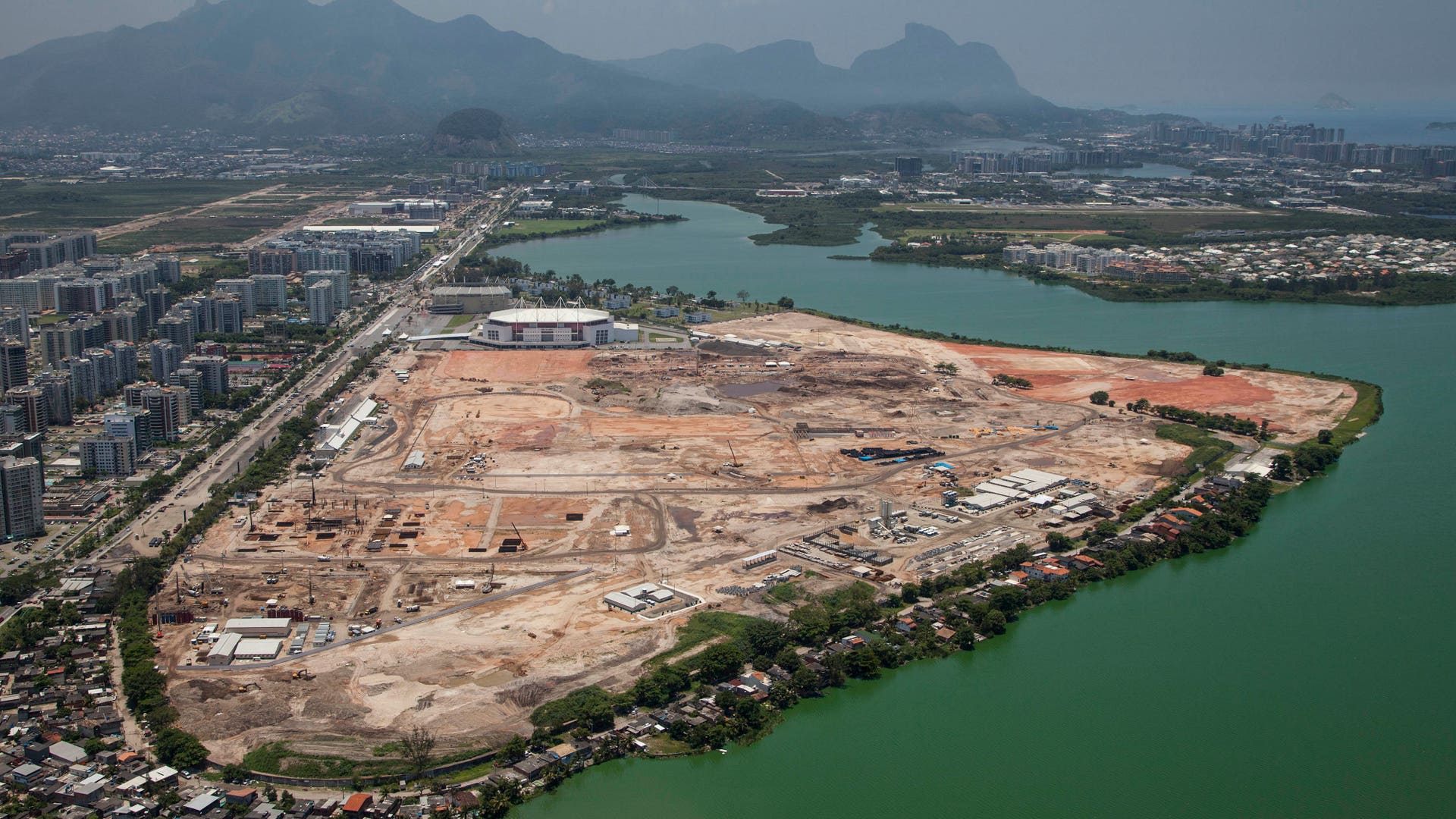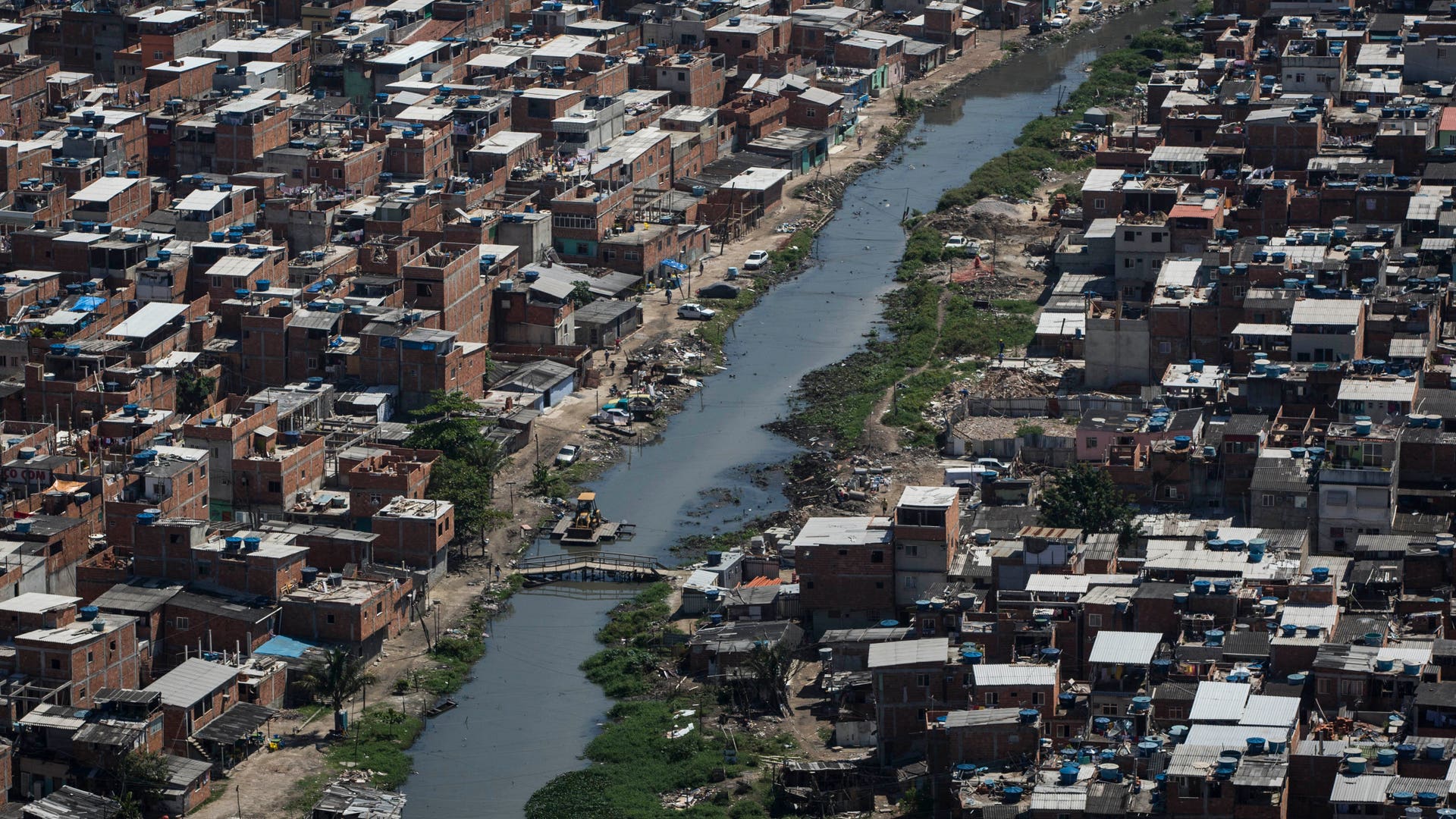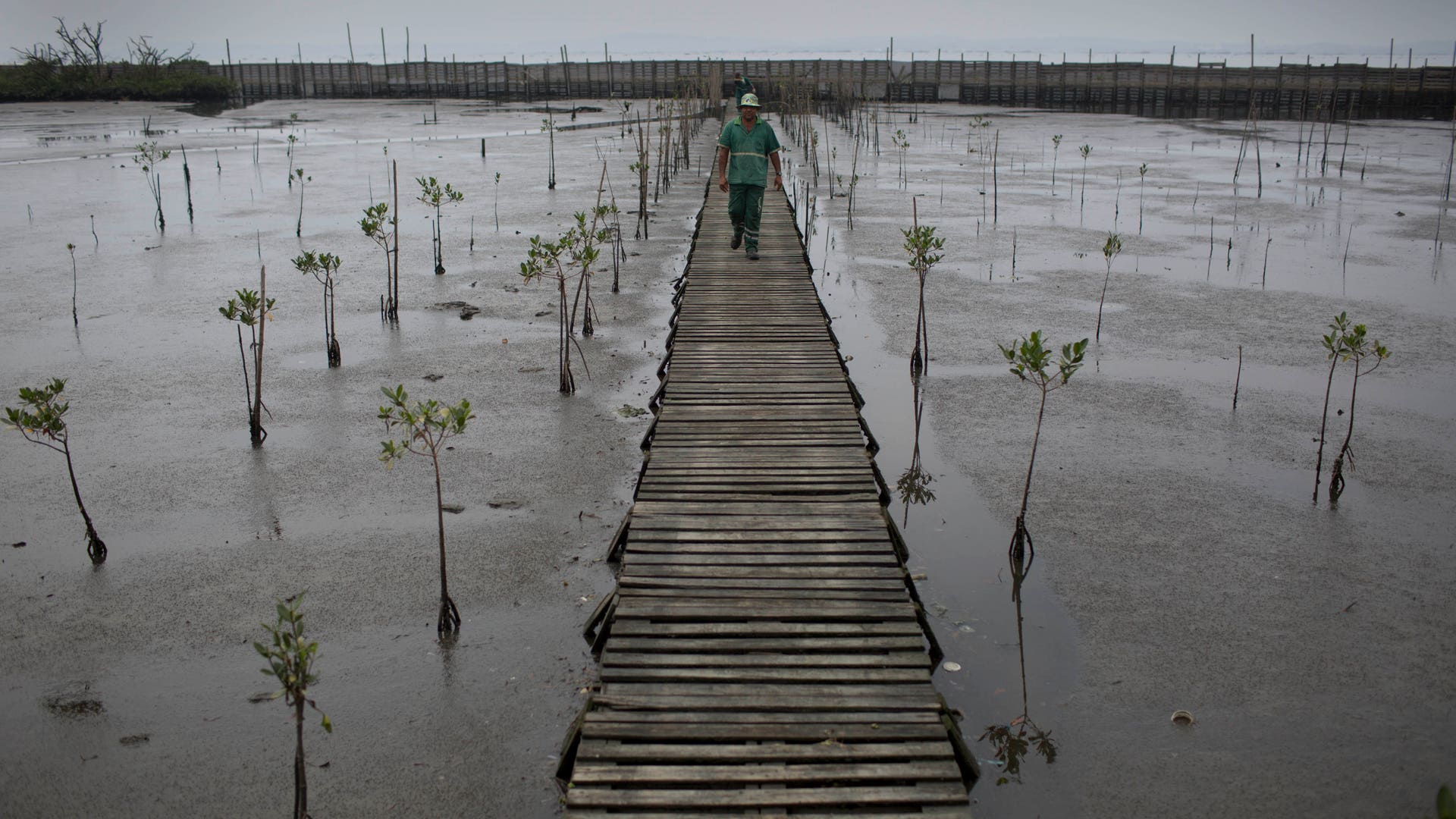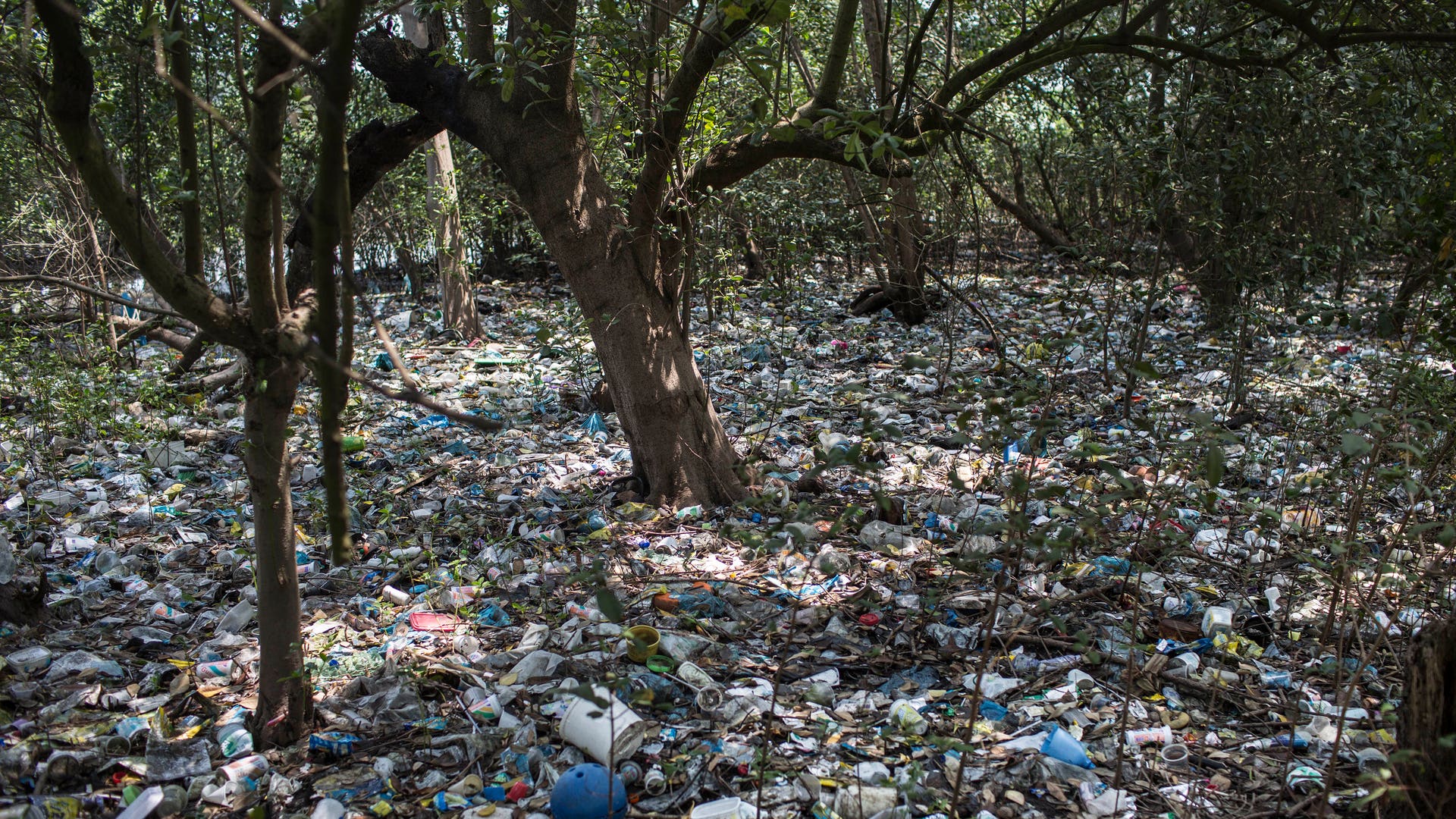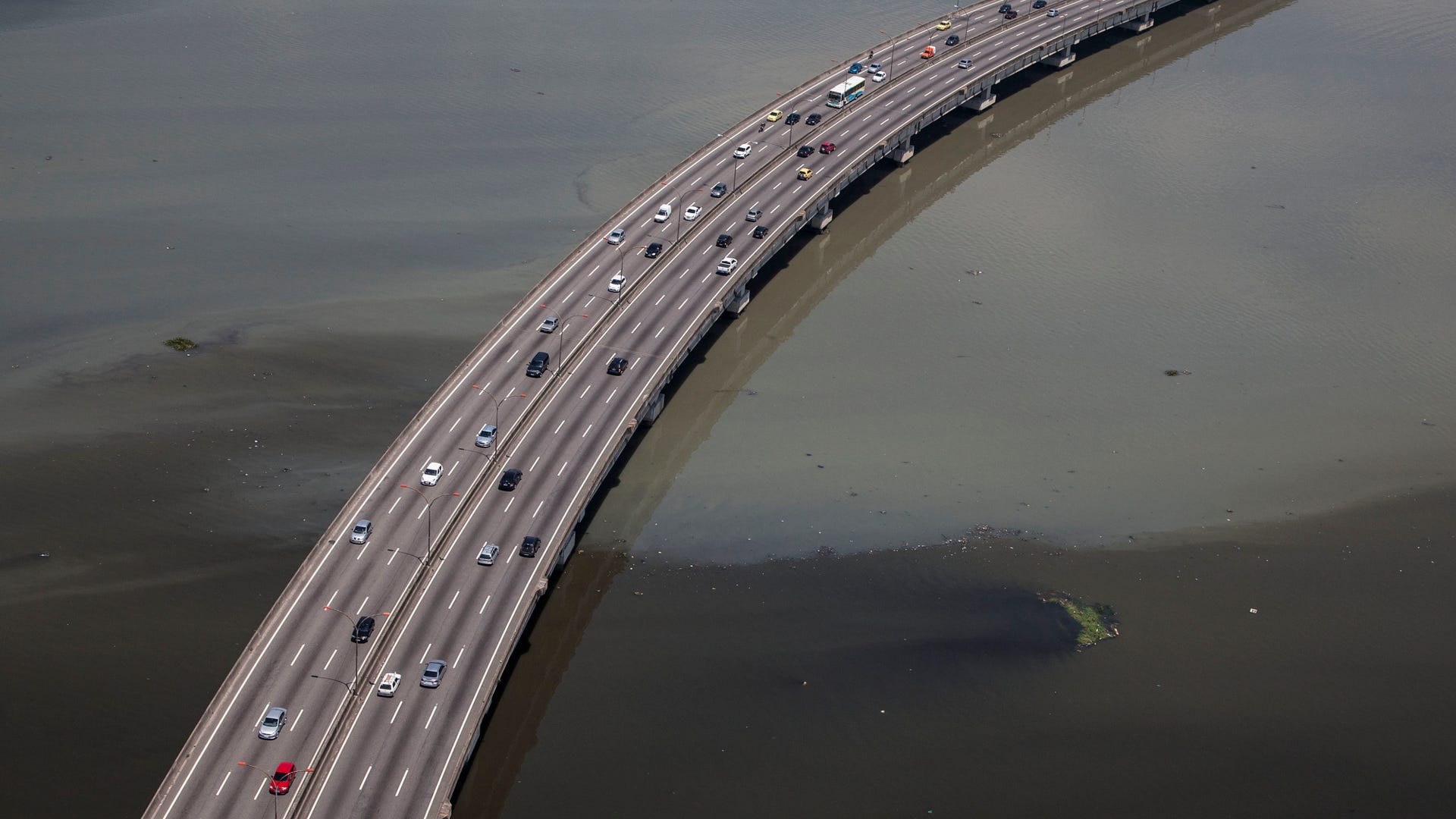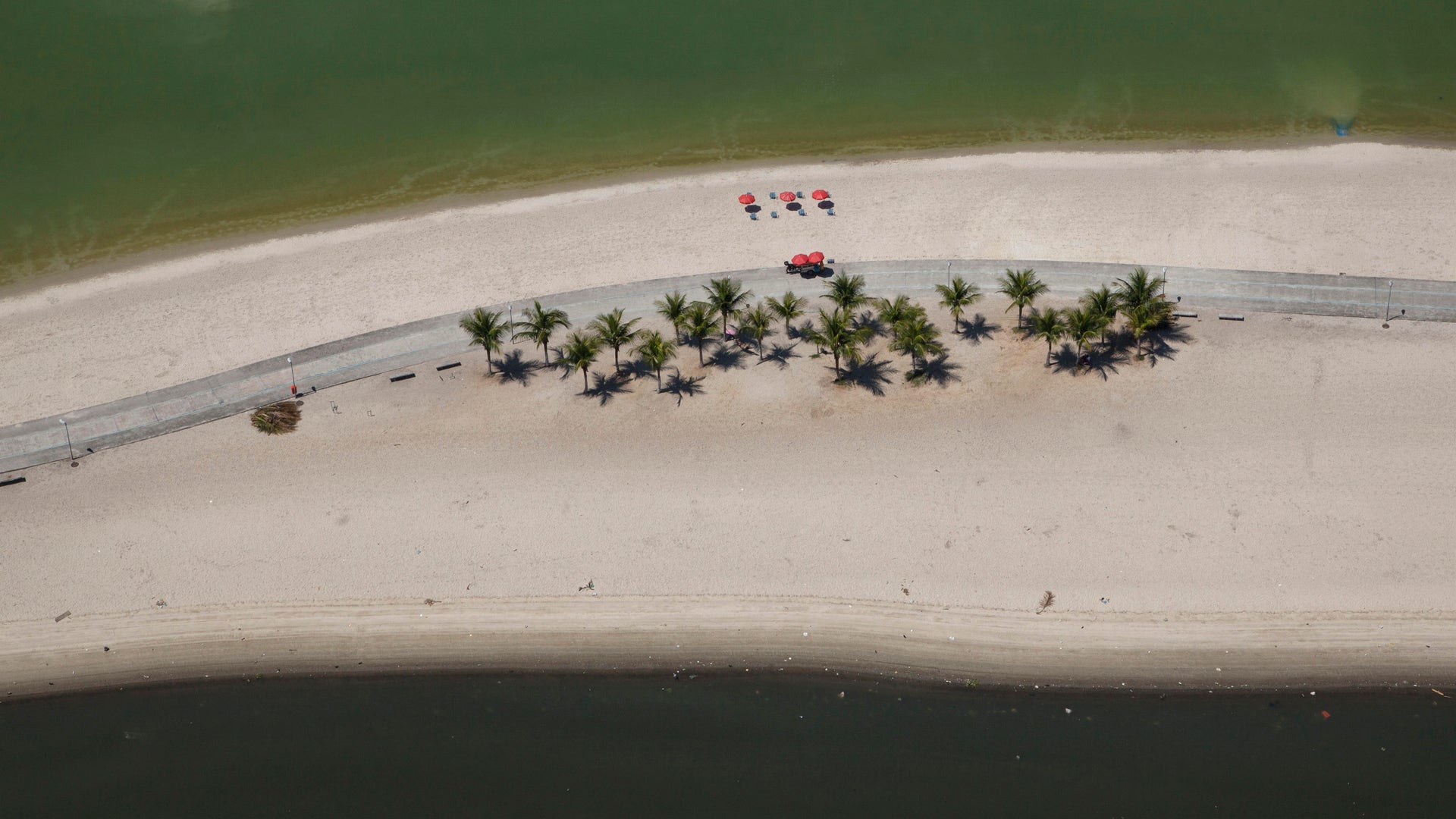Move Back
ADVERTISEMENT
Skip- Published10 Images
Rio De Janeiro Struggles With Trash-Clogged Waterways Before Olympics
Unless Brazil makes headway in cleaning up its waters, experts warn the Summer Games could pose health risks to athletes and mar what officials hope will be their global showcase event.
![Rio_Dirty_Water__7_]() In this Oct. 23, 2013 photo, biologist Mario Moscatelli takes photographs from trash floating on the polluted waters of the Canal do Fundao in Rio de Janeiro, Brazil. Moscatelli, who oversees the reforestation of mangrove forests along the bay, said he fears that even if the bay is cleaned up, the state will let it deteriorate after all the athletes have gone home. Rio de Janeiro will host the 2016 Olympic Games. (AP Photo/Felipe Dana)read moreAP2013Share
In this Oct. 23, 2013 photo, biologist Mario Moscatelli takes photographs from trash floating on the polluted waters of the Canal do Fundao in Rio de Janeiro, Brazil. Moscatelli, who oversees the reforestation of mangrove forests along the bay, said he fears that even if the bay is cleaned up, the state will let it deteriorate after all the athletes have gone home. Rio de Janeiro will host the 2016 Olympic Games. (AP Photo/Felipe Dana)read moreAP2013Share![Rio_Dirty_Water__1_]() Polluted water surrounds the site of the Olympic Park as it is built in Rio de Janeiro, Brazil, Tuesday, Nov. 19, 2013. Nearly 70 percent of the citys sewage goes untreated, meaning runoff from Rios many slums and poor neighborhoods drain into waters soon to host many of the worlds best athletes during the 2016 Summer Games. (AP Photo/Felipe Dana)read moreAP2013Share
Polluted water surrounds the site of the Olympic Park as it is built in Rio de Janeiro, Brazil, Tuesday, Nov. 19, 2013. Nearly 70 percent of the citys sewage goes untreated, meaning runoff from Rios many slums and poor neighborhoods drain into waters soon to host many of the worlds best athletes during the 2016 Summer Games. (AP Photo/Felipe Dana)read moreAP2013Share![Rio_Dirty_Water__9_]() A polluted channel runs through the Rio das Pedras shantytown in Rio de Janeiro, Brazil, Tuesday, Nov. 19, 2013. Its not clear what consequences there might be if Rio doesnt clean up its waterways, but this isnt the first time the Olympics have faced steep environmental challenges. (AP Photo/Felipe Dana)read moreAP2013Share
A polluted channel runs through the Rio das Pedras shantytown in Rio de Janeiro, Brazil, Tuesday, Nov. 19, 2013. Its not clear what consequences there might be if Rio doesnt clean up its waterways, but this isnt the first time the Olympics have faced steep environmental challenges. (AP Photo/Felipe Dana)read moreAP2013Share![Rio_Dirty_Water__4_]() Untreated sewage creates a dark streak through the water of Guanabara Bay in Rio de Janeiro, Brazil, Tuesday, Nov. 19, 2013. While water quality varies depending on the exact location, the states INEA environmental agency has classified nearly all the bayside beaches it monitors as terrible for the past decade due to high levels of fecal bacteria. Rio de Janeiro will host the 2016 Olympic Games. (AP Photo/Felipe Dana)read moreAP2013Share
Untreated sewage creates a dark streak through the water of Guanabara Bay in Rio de Janeiro, Brazil, Tuesday, Nov. 19, 2013. While water quality varies depending on the exact location, the states INEA environmental agency has classified nearly all the bayside beaches it monitors as terrible for the past decade due to high levels of fecal bacteria. Rio de Janeiro will host the 2016 Olympic Games. (AP Photo/Felipe Dana)read moreAP2013Share![Rio_Dirty_Water__5_]() In this Oct. 23, 2013 photo, a man works on the reforestation of mangrove forests along Guanabara Bay in Rio de Janeiro, Brazil. Rios Olympic committee has pledged in writing that the pollution problems will be fixed, and many had hoped the Olympics would force authorities to tackle decades of neglect and poor planning that have blighted waterways. Rio de Janeiro will host the 2016 Olympic Games. (AP Photo/Felipe Dana)read moreAP2013Share
In this Oct. 23, 2013 photo, a man works on the reforestation of mangrove forests along Guanabara Bay in Rio de Janeiro, Brazil. Rios Olympic committee has pledged in writing that the pollution problems will be fixed, and many had hoped the Olympics would force authorities to tackle decades of neglect and poor planning that have blighted waterways. Rio de Janeiro will host the 2016 Olympic Games. (AP Photo/Felipe Dana)read moreAP2013Share![Rio_Dirty_Water__8_]() The Marapendi lagoon is polluted in the Barra neighborhood in Rio de Janeiro, Brazil, Tuesday, Nov. 19, 2013. At the site of the Olympic Park, in the Barra neighborhood, untreated human waste still flows from nearby condominiums and sprawling shantytowns, presenting an immediate health hazard, according to Rio de Janeiro Environment Ministry documents examined by The Associated Press. (AP Photo/Felipe Dana)read moreAP2013Share
The Marapendi lagoon is polluted in the Barra neighborhood in Rio de Janeiro, Brazil, Tuesday, Nov. 19, 2013. At the site of the Olympic Park, in the Barra neighborhood, untreated human waste still flows from nearby condominiums and sprawling shantytowns, presenting an immediate health hazard, according to Rio de Janeiro Environment Ministry documents examined by The Associated Press. (AP Photo/Felipe Dana)read moreAP2013Share![Rio_Dirty_Water__2_]() In this Oct. 23, 2013 photo, trash litters a forested area on the shores of Guanabara Bay in Rio de Janeiro, Brazil. Unless Brazil makes headway in cleaning up its waters, experts warn the games could pose health risks to athletes going for the gold and mar what officials hope will be their global showcase event. Rio de Janeiro will host the 2016 Olympic Games. (AP Photo/Felipe Dana)read moreAP2013Share
In this Oct. 23, 2013 photo, trash litters a forested area on the shores of Guanabara Bay in Rio de Janeiro, Brazil. Unless Brazil makes headway in cleaning up its waters, experts warn the games could pose health risks to athletes going for the gold and mar what officials hope will be their global showcase event. Rio de Janeiro will host the 2016 Olympic Games. (AP Photo/Felipe Dana)read moreAP2013Share![Rio_Dirty_Water__3_]() The polluted waters of Guanabara Bay float below a road leading to the international airport that serves Rio de Janeiro, Brazil, Tuesday, Nov. 19, 2013. Leonardo Gryner, chief operating officer of Rios Olympic organizing committee, has acknowledged the extent of the water quality problem. But he said projects were well advanced to make good on the citys commitment to reduce 80 percent of the pollution flowing into the bay, where the sailing and wind surfing Olympic events are to be held in 2016. (AP Photo/Felipe Dana)read moreAP2013Share
The polluted waters of Guanabara Bay float below a road leading to the international airport that serves Rio de Janeiro, Brazil, Tuesday, Nov. 19, 2013. Leonardo Gryner, chief operating officer of Rios Olympic organizing committee, has acknowledged the extent of the water quality problem. But he said projects were well advanced to make good on the citys commitment to reduce 80 percent of the pollution flowing into the bay, where the sailing and wind surfing Olympic events are to be held in 2016. (AP Photo/Felipe Dana)read moreAP2013Share![Rio_Dirty_Water__6_]() The Piscinao de Ramos artificial lake, top, is separated by a sand strip from the polluted waters of the Guanabara Bay, below, in Rio de Janeiro, Brazil, Tuesday, Nov. 19, 2013. With just over two years to go before the Olympic games, experts say the government's cleanup efforts are moving at a snails pace and havent significantly improved capacity in sewage treatment plants or hooked up more of this citys millions of residents to the grid. (AP Photo/Felipe Dana)read more
The Piscinao de Ramos artificial lake, top, is separated by a sand strip from the polluted waters of the Guanabara Bay, below, in Rio de Janeiro, Brazil, Tuesday, Nov. 19, 2013. With just over two years to go before the Olympic games, experts say the government's cleanup efforts are moving at a snails pace and havent significantly improved capacity in sewage treatment plants or hooked up more of this citys millions of residents to the grid. (AP Photo/Felipe Dana)read more![Rio_Dirty_Water]() Small boats sit on the shore of Guanabara Bay in the suburb of Sao Goncalo, across the bay from Rio de Janeiro, Brazil, Tuesday, Nov. 19, 2013. The bay was home to a thriving artisanal fishing industry and popular palm-lined beaches as recently as the late-1970s, but has become a watery dump for waste from shipyards and two commercial ports. Rio de Janeiro will host the 2016 Olympic Games. (AP Photo/Felipe Dana)read moreAP2013Share
Small boats sit on the shore of Guanabara Bay in the suburb of Sao Goncalo, across the bay from Rio de Janeiro, Brazil, Tuesday, Nov. 19, 2013. The bay was home to a thriving artisanal fishing industry and popular palm-lined beaches as recently as the late-1970s, but has become a watery dump for waste from shipyards and two commercial ports. Rio de Janeiro will host the 2016 Olympic Games. (AP Photo/Felipe Dana)read moreAP2013Share- Published10 Images
Rio De Janeiro Struggles With Trash-Clogged Waterways Before Olympics
Unless Brazil makes headway in cleaning up its waters, experts warn the Summer Games could pose health risks to athletes and mar what officials hope will be their global showcase event.
Move Forward
- Rio De Janeiro Struggles With Trash-Clogged Waterways Before Olympics










Thumbnail View
Image 0 of 10

